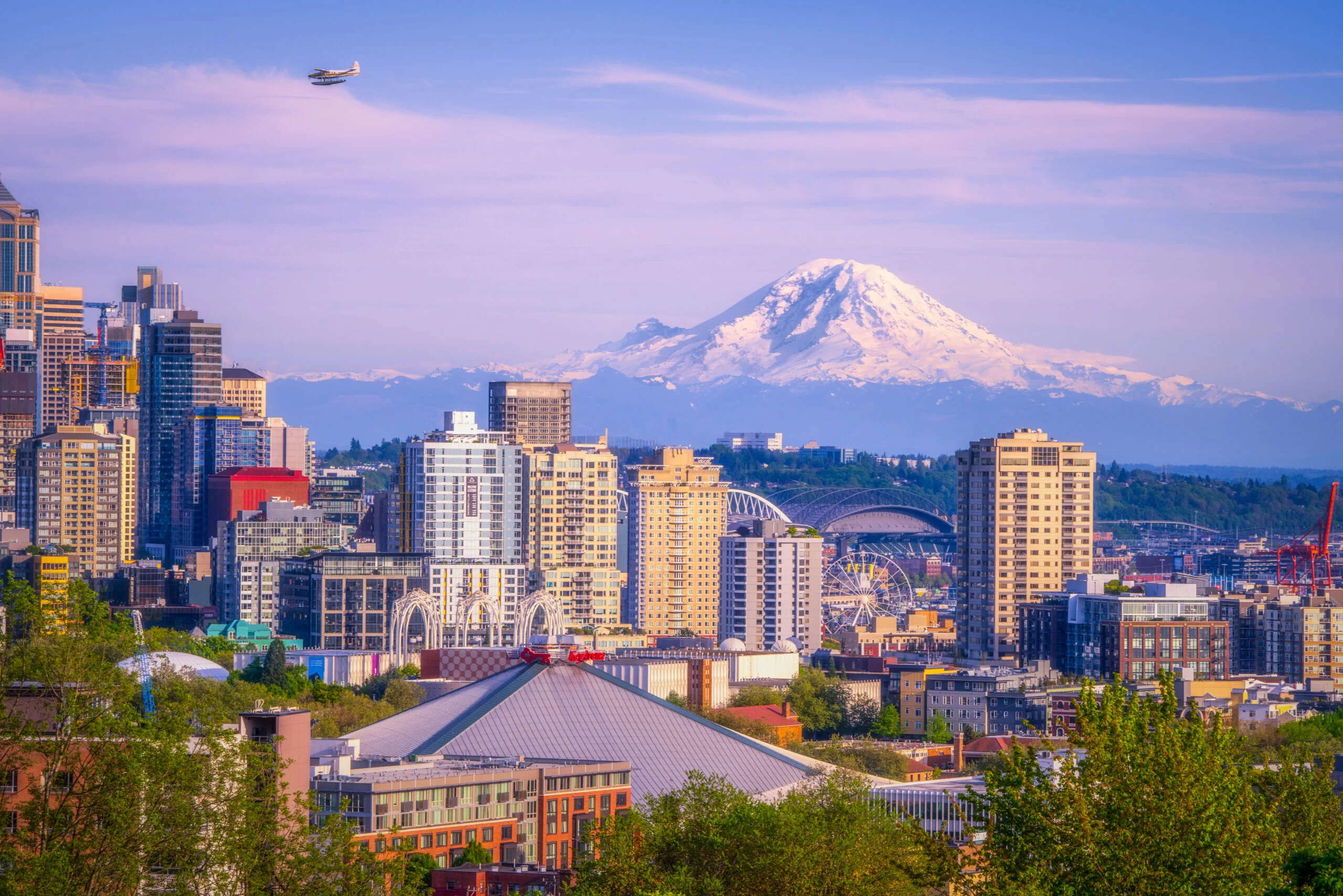Native American Roots
Vancouver, Washington, is a city with a rich and diverse history that spans centuries. Its story begins long before European settlers arrived, rooted in the indigenous peoples who called this region home. The native inhabitants of the area were the Chinook and Klickitat tribes, who relied on the bountiful Columbia River for sustenance and trade. These tribes left their mark on the land, and their cultural heritage continues to influence the city’s identity to this day.
Lewis and Clark Expedition
The early 19th century brought the famous Lewis and Clark Expedition to the Pacific Northwest. In November 1805, Meriwether Lewis and William Clark camped at the site of present-day Vancouver, marking it as a significant milestone on their journey westward. Their visit helped to establish Vancouver as an important location for fur trading and exploration, as it provided access to the Columbia River and the vast expanse of the Oregon Country.
Hudson’s Bay Company and Fort Vancouver
One of the most pivotal chapters in Vancouver’s history is the establishment of Fort Vancouver by the Hudson’s Bay Company in 1824. This fur trading post became a central hub for trade and diplomacy in the region, attracting settlers, trappers, and adventurers from around the world. Fort Vancouver’s influence extended far beyond its walls, shaping the development of the Pacific Northwest and fostering cultural exchanges between Native Americans and Europeans.
The Oregon Trail and the Growth of a Town
As the 19th century progressed, the Oregon Trail brought a wave of pioneers and settlers to the region. Vancouver, initially a Hudson’s Bay Company outpost, began to transform into a bustling town. By the 1850s, it had become an official United States military reservation and served as a key supply center for travelers on the Oregon Trail. This period marked the city’s transition from a fur trading post to a thriving American town.
The Civil War and Reconstruction
During the Civil War, Vancouver played a significant role as a military post for the Union Army. The U.S. Army’s Vancouver Barracks were established in 1849 and became instrumental in maintaining order in the region during this tumultuous period. After the war, the barracks served as a base for Reconstruction efforts in the Pacific Northwest, contributing to the city’s growth and development.
The Industrial Era and World Wars
The late 19th and early 20th centuries brought rapid industrialization to Vancouver, as sawmills, shipyards, and other industries took hold. The two World Wars further fueled the city’s growth, as it became a hub for manufacturing and defense production. The Kaiser Shipyards, which operated in Vancouver during World War II, played a crucial role in the war effort and left an enduring legacy in the city.
The Modern Era and Cultural Diversity
Vancouver has continued to evolve in the post-war years, embracing a diverse population and expanding its economy beyond traditional industries. The construction of the Interstate 5 freeway and the development of residential neighborhoods have transformed the city’s landscape. Today, Vancouver is a vibrant, multicultural community with a thriving arts scene, a strong economy, and a deep appreciation for its historical roots.
In conclusion, the history of Vancouver, Washington, is a tapestry of Native American heritage, explorers’ journeys, fur trading empires, military presence, industrialization, and cultural diversity. From its early days as a trading post to its current status as a dynamic city, Vancouver’s story is one of resilience, adaptation, and growth. As it continues to evolve, the city remains connected to its past, honoring the legacies of those who shaped it while looking forward to a bright future.

